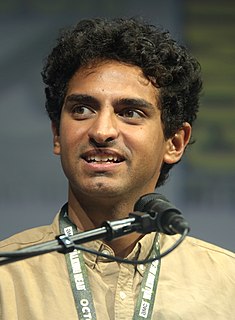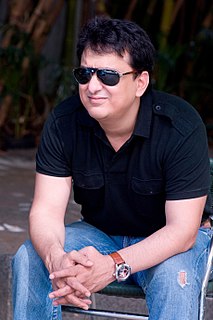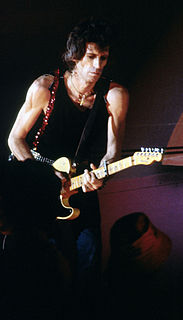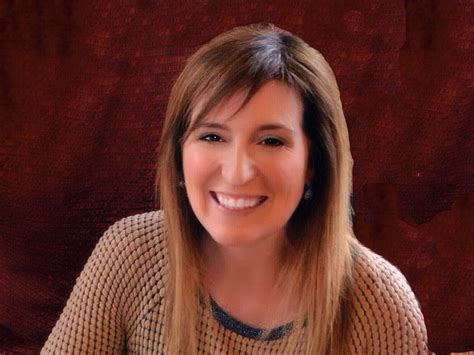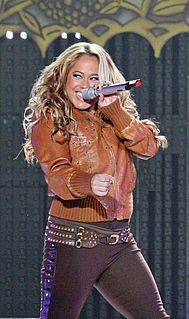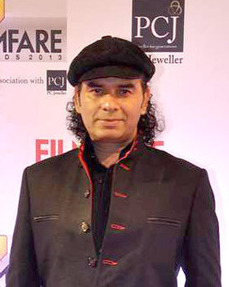A Quote by Thomas Bernhard
Everyone is a virtuoso on his own instrument, but together they add up to an intolerable cacophony.
Quote Topics
Related Quotes
I played the vina until my heart turned into the same instrument. Then I offered this instrument to the Divine Musician, the only muscian existing. Since then I have become His flute, and when He chooses He plays His music. The people give me credit for this music which, in reality, is not due to me, but to the Musician who plays his own instrument.
I love players like Thurston Moore. I mean, you can put notes down on a sheet of paper, and if you practice and get your chops up, you can play like an Eddie Van Halen or a Steve Vai. But nobody can do what Thurston Moore does; he's his own guy. He talks through his instrument in a language that's all his own.
1962 to 1965, where suddenly the guitar became this icon of youth culture all over the world, thanks mostly to the Beatles. Add to that, that I saw A Hard Day's Night 12 or 13 times, and that the guitar was the one instrument that my parents absolutely refused to let in the house. So you add it up and see that irresistible forces led me to the guitar.
For the virtuoso, musical works are in fact nothing but tragic and moving materializations of his emotions; he is called upon to make them speak, weep, sing and sigh, to recreate them in accordance with his own consciousness. In this way he, like the composer, is a creator, for he must have within himself those passions that he wishes to bring so intensely to life.
Will’s voice dropped. “Everyone makes mistakes, Jem.” “Yes,” said Jem. “You just make more of them than most people.” “I —” “You hurt everyone,” said Jem. “Everyone whose life you touch.” “Not you,” Will whispered. “I hurt everyone but you. I never meant to hurt you.” Jem put his hands up, pressing his palms against his eyes. “Will —” “You can’t never forgive me,” Will said in disbelief, hearing the panic tinging his own voice. “I’d be —” “Alone?” Jem lowered his hand, but he was smiling now, crookedly. “And whose fault is that?
I find myself skeptical of music that forces you to have a certain experience, emotional reaction, or specific constructive arc of experience. But performers should still take care of that, to a certain extent - how does it add up? What you want from performance, because we're all in a room together, is that somehow we've gotten somewhere at the end, together. You could call that a sense of narrative, but it's not so obvious how that happens. One way it happens is by everyone caring about it happening.




